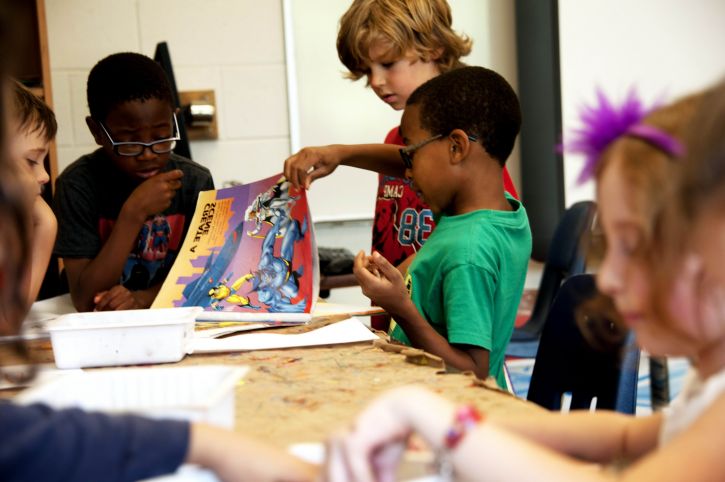If your child finds formal learning difficult, the thought of starting a new year at school can cause melt downs. This may mean your child experiences; tantrums, mood swings, anxiety, sleeplessness, lack of appetite and a sore tummy as the new school year approaches.
What seems like the opportunity for a fresh start to us, can feel like the complete opposite to our kids. Much of the stress is caused by the unknown. What will the teacher be like? Will they support me and teach me so I understand? Will the other kids think I’m dumb? Will the teacher embarrass me in front of my friends because I’m not as clever as everyone else? Will everyone find out my secret?
Alleviating this stress for your child is not as hard as it seems. Taking some simple action before the school year commences, can be the difference between a disastrous start to the new school year and your child hitting the ground running with a full team of supportive teachers around them.
There are five things that your child’s teacher needs to know before your child turns up on the first day. A simple email is all that is needed with a Word doc. attached that teachers can print out for their records. I call it My Child’s Learning Profile and here’s what you need to include:
- A recent photo of your child with their name printed in bold underneath. Tip: Make it a cute photo. Teachers love cute photos of kids. You can include other family members too,
- Your name and contact details – Best phone and email address so teachers can keep you in the loop.
- My child’s learning weaknesses – A short statement of areas of learning difficulty for your child. For example: My child does not like reading out loud in class and has trouble with spelling and sounding out words that they do not know.
- My child’s learning strengths – A short statement of areas that your child is strong in. For example: My child has an extensive oral vocabulary and is great at making up imaginative stories.
- And lastly – How my child likes to learn – Base this on areas your child is strong in from previous school experience, their feedback and your observations Tip: Consider what your child likes to do in their spare time. Activities and hobbies that your child enjoys are often indicative of their learning preferences.

Teachers start the school year with 20-30 new students in their charge. Getting to know each and every one of them takes time. By providing your child’s teacher with specific insight into your child before the school year starts, gives them a massive head start.
I have 3 children with learning difficulties and every year I provide this information to all of my children’s teachers via email. This includes; the sport teacher, the art teacher and any other teachers who come into contact with my children. Teachers always respond to my email with gratitude.
It seems that teachers are often told that a child in their class has a learning difficulty, but not what it is or what to do about it. Providing this information provides a win/win for everyone concerned, and importantly it means our children can start the school year full of confidence.
Liz Dunoon is a teacher, an author and the creator of the
New Speech to Spelling Method™, an online reading and spelling solution which has helped 1000’s of children to catch up at school. If you have a child who is struggling at school with reading, spelling and self-confidence, you can watch a webinar about it here.




















Liz, this has been the best advice that you have given me over the years. Briefing and briefing and briefing the teachers…. My two kids have dyslexia, one has dyscalcia and the other ADHD.
After providing the list that you suggested in your article to the teachers each year/term over many years, I have found it works best when I then meet with the teacher in the first few weeks of the new year/term to ensure that they have all the information that they need. And at any time a new teacher comes in and in the senior years keep email contact open with them to see how my son is travelling. I find that most teachers are really grateful for your interest.
What I do find frustrating are the teachers that do not take the advice and push on in their own way ignoring all the advice which then results in all of the behavioural issues you mentioned in your article. This has resulted in recent home schooling of my youngest, sadly she did not listen or accept parental support to help in the classroom which could have solved this action.
Teachers are a critical part to the equation and the teacher who does not want to listen will impact a child’s learning so deeply.
Thanks for giving me the courage to stand up and fight for my kids. Your articles and advice are fabulous.
Keep up the great work.
Hi Linda, Thanks so much for your feedback. It makes all that I do so worthwhile when I know it is helping parents to advocate for their children. You are so right. It takes a team effort from parents and teachers to get the support for a child with learning differences right. Keep up the good fight. Success to you and yours Liz.